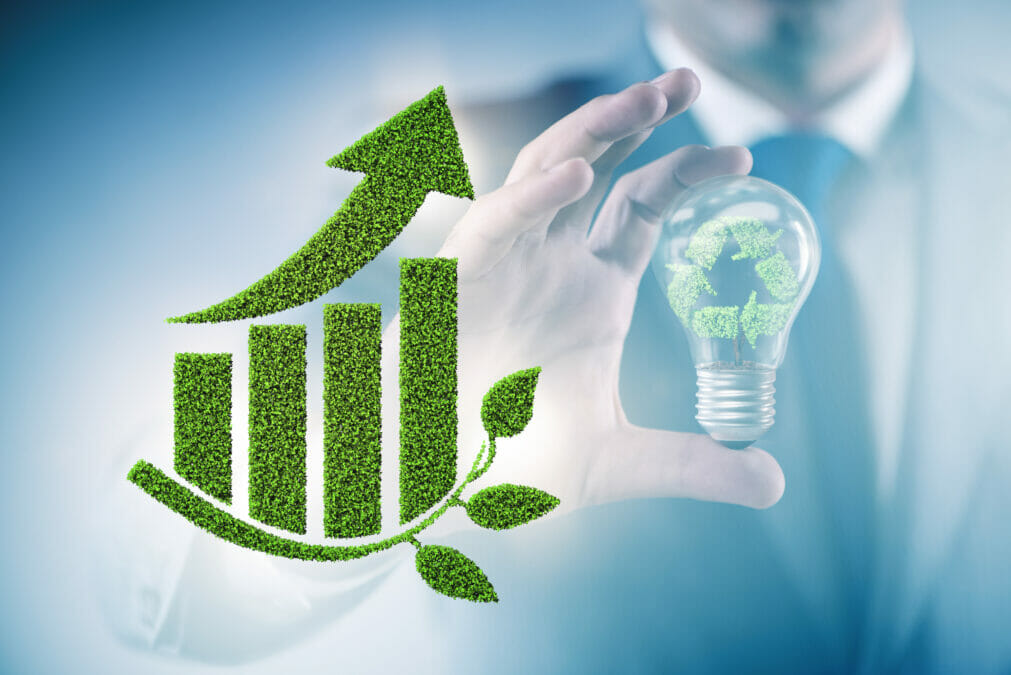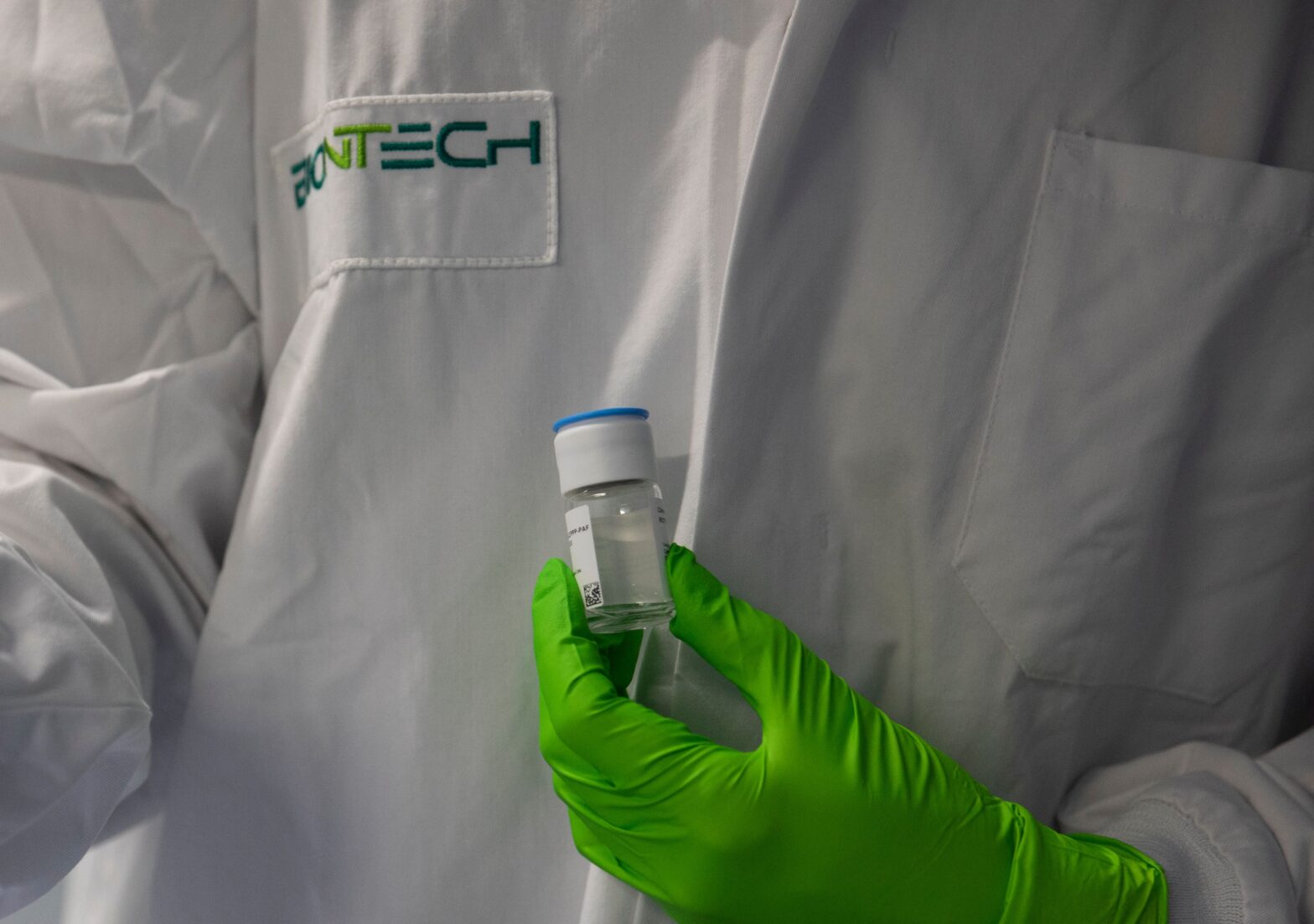This year’s Tech Nation Net Zero participants were assessed by 40 judges across key industries, including climate specialists, investors and senior representatives from companies such as Google, National Grid, Sky Ocean, and Bulb.
As with last year’s iteration, climate tech companies were judged based on scalability and potential to help the UK reach its net zero goal, with the chosen organisations actively decarbonising key sectors across energy and electricity, transport, buildings and cities, and agriculture.
In the run-up to COP26, the Net Zero programme aims to help realise these vital tech companies’ potential to drastically reduce global emissions, and every participant will be given access to long-term investment opportunities, education, talent and a platform to influence green policies.
Carbon removals and space tech, in particular, are two emerging focus areas this year in the race to zero.
“Climate tech is playing an enormous role in reducing carbon emissions. Technology that helps reduce greenhouse gas emissions, either directly or indirectly, across all sectors of society is in hot demand,” said Gerard Grech, founding CEO of Tech Nation and founding member of the Tech Zero Taskforce.
“But with 40% of emissions reductions reliant on technologies not yet at mass-market scale, there is huge potential still to be realised. With these companies needing to scale further and faster than any other technology has before to meet the demand, we are committed to doing all we can at Tech Nation to support and accelerate the growth of the UK’s climate tech scaleups.”
Sammy Fry, Net Zero lead at Tech Nation, commented: “With Europe recording its highest ever temperature on record this Summer, and the latest IPCC report published last month, there isn’t a more urgent time to take climate action.
“Every successful climate tech company is another step towards decarbonising the world. I’m proud to say that in the run up to COP26, our pioneering Net Zero growth programme gives these revolutionary, high-impact scale-ups the access they need to investors, insights, education, networks and practical support, enabling the UK to lead our transition to a green economy as quickly as possible.”
The biggest trends in tech sustainability
Carbon removals and offsetting
While the majority of the Net Zero 2.0 companies are helping to reduce carbon emissions, companies in this year’s cohort are also using carbon capture technologies and other forms of carbon removal to physically remove greenhouse gases from the atmosphere.
These include Carbon Infinity, which is creating cost effective and modular direct air capture (DAC) technology that removes carbon dioxide directly from the air.
Meanwhile, Supercritical is accelerating the growth and prominence of the carbon removals sector, by building the UK’s first marketplace of carbon removal projects for tech companies.
In addition, Bx Earth is focused on carbon removal through carbon sequestration in soil, connecting food growers who can store carbon in the soil with corporations looking for verified carbon offsets, simultaneously incentivising growers to practice climate-smart agriculture.
Space tech gaining momentum
For the first time, the Net Zero programme from Tech Nation is welcoming space tech companies, with operations within the space gaining momentum.
Satellite imaging, for example, provides a way to observe large areas from space to rapidly identify illegal activities such as deforestation or mining; monitor supply chains; and verify nature-based solutions such as carbon offsetting.
This type of technology is gaining traction rapidly as countries across the world look for innovative ways to combat climate change and as multinationals seek to achieve their recently set net zero goals.
Earth Blox is using satellite data to identify deforestation or mining activities and monitor supply chains and support nature-based solutions, while Sylvera uses machine learning and satellite data to verify the carbon offsetting industry.
Additionally, Satellite Vu looks to measure the thermal footprint of any building on the planet every 1-2 hours, helping to drastically increase the energy efficiency of buildings, factories and power stations globally.










